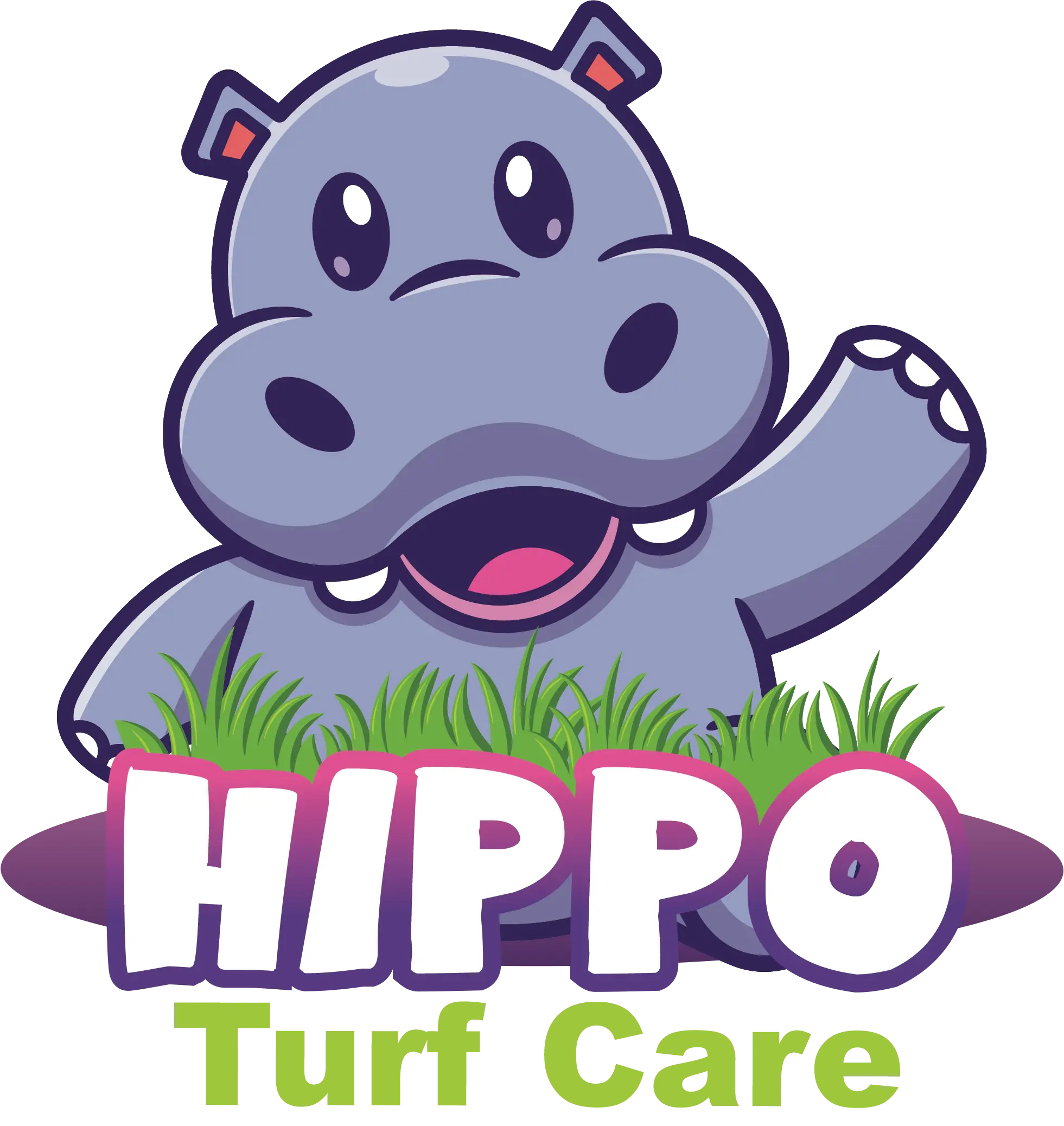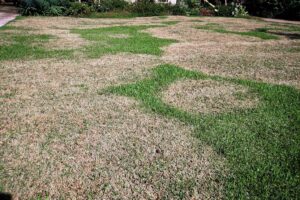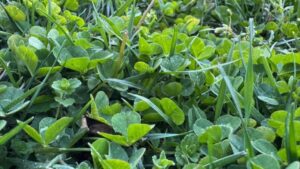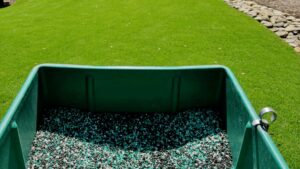Bermuda grass enters a dormant phase during the winter months, slowing its growth but still needing proper nutrition. A controlled release fertilizer supports soil health and prepares the grass for a strong return in spring. This method ensures a steady supply of nutrients, reducing waste and preventing winter stress. In York County, SC, where winters can be mild, maintaining soil balance is essential. Gradual nutrient release helps minimize runoff while keeping the grass resilient. A well-fertilized lawn emerges greener and stronger when temperatures rise.
Understanding Bermuda Grass

Bermuda grass is one of the most popular turf grasses in the southeastern United States, including York County, South Carolina. It is a warm-season grass, meaning it thrives in hot weather and can tolerate drought conditions better than many other turf varieties. Bermuda grass is widely used for lawns, golf courses, and sports fields because of its dense, durable growth habit and ability to recover quickly from wear and damage.
How Bermuda Grass Differs from Other Turf Types
Unlike cool-season grasses such as fescue and Kentucky bluegrass, which remain green and actively grow during cooler months, Bermuda grass goes dormant in winter. Dormancy is a survival mechanism that allows the grass to conserve energy when temperatures drop below optimal growing conditions.
When Bermuda grass enters dormancy, the above-ground blades turn brown and appear lifeless, but the root system remains active. This is a key difference compared to cool-season grasses, which continue absorbing nutrients and maintaining top growth through winter.
The Dormant Season for Bermuda Grass
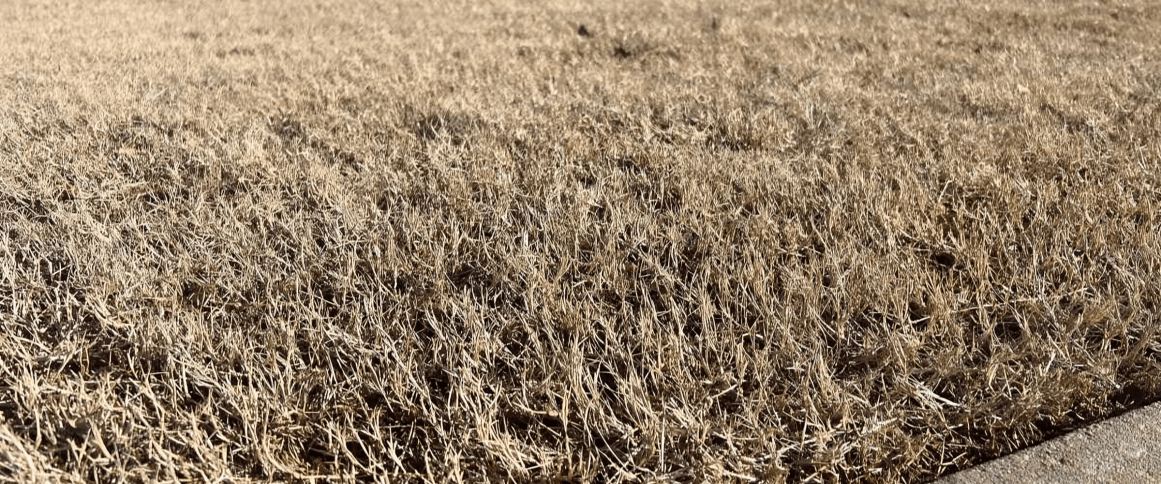
Bermuda grass begins to enter dormancy when temperatures consistently fall below 50°F. In York County, South Carolina, this typically happens in late fall (October to November). The grass remains dormant throughout the winter until temperatures rise again in the early spring (March to April).
What Happens During Dormancy?
- Top growth ceases: The grass stops producing new shoots and leaves.
- Color change: The green blades turn brown as the plant shifts its resources to the root system.
- Reduced water and nutrient needs: While the grass requires less water, the root system remains active and still benefits from fertilization.
This is why applying a controlled-release fertilizer in the dormant season is crucial it ensures the grass receives essential nutrients at the right time to prepare for spring growth.
The Importance of Winter Fertilization for Bermuda Grass

Bermuda grass is a warm-season turf that goes dormant during the winter months. While its blades may appear inactive, its root system continues to function, requiring essential nutrients to maintain overall health. Applying a controlled-release fertilizer during dormancy ensures that Bermuda grass remains strong and is ready to thrive once spring arrives.
Benefits of Using a Controlled-Release Fertilizer in Winter

1. Focus on Root Health
The primary goal of winter fertilization is to support root development rather than promote top growth. Healthy roots allow the grass to access water and nutrients efficiently, leading to a more vigorous green-up in the spring.
2. Slow Nutrient Release
Controlled-release fertilizers dispense nutrients gradually over time, ensuring a steady supply to the roots. This prevents excessive top growth and allows for continuous nourishment throughout the dormant season.
3. Reduced Stress on Grass
By providing essential nutrients without forcing rapid growth, controlled-release fertilizers help reduce stress on Bermuda grass. This enhances its ability to survive winter conditions and return stronger in the growing season.
Key Considerations for Winter Fertilization in York County, SC

1. Mild Winter Conditions
York County experiences mild winters, with occasional frosts but generally moderate temperatures. While Bermuda grass does enter dormancy, the root system remains active, making controlled-release fertilization essential for maintaining turf health.
2. Balanced Nutrient Composition
Selecting the right fertilizer blend is crucial. A lower nitrogen and higher potassium formulation is ideal for enhancing root strength and improving cold tolerance.
Why We Use POLYON® Controlled-Release Fertilizer

At Hippo Turf Care, we trust POLYON® controlled-release fertilizer for winter applications. This industry-leading product is known for its precise nutrient release, allowing us to maintain Bermuda grass health throughout dormancy.
How POLYON® Works
Unlike traditional fertilizers that release nutrients based on moisture levels, POLYON® relies on temperature. This means that:
- Nutrients remain locked in during dormancy.
- They are gradually released when temperatures rise and the grass begins to grow.
- There is no risk of premature nutrient loss due to excess moisture.
Proven Success with POLYON® in Dormancy
Lawn care professionals across the industry have reported outstanding results using POLYON® for dormant-season fertilization. Many have found that using POLYON® in the fall/winter led to a faster and more efficient green-up in the spring, with customers noticing their lawns turning green before their neighbors’.
Predictable Nutrient Release with POLYGRAPH® Technology
POLYON® fertilizer is backed by POLYGRAPH® software, which helps turf managers predict nutrient release patterns. This technology ensures that Bermuda grass gets precisely the nutrients it needs when it needs them.
Additional Benefits of POLYON® Controlled-Release Fertilizer

1. Extended Nutrient Availability
POLYON® can be customized to release nutrients over different time frames, ranging from a few weeks to six months. This flexibility ensures that Bermuda grass remains adequately nourished throughout its dormancy.
2. Reduced Environmental Impact
With fewer applications required, POLYON® minimizes the risk of nutrient runoff and leaching, making it an environmentally responsible choice.
Why Choose Hippo Turf Care for Your Lawn Fertilization Needs?
At Hippo Turf Care, we prioritize science-backed lawn care strategies that yield real results. Our use of POLYON® controlled-release fertilizer ensures that your Bermuda grass remains healthy and ready for a vibrant return in spring.
Call to Action
Ensure your lawn receives the best care this winter! Call us at 803-810-1145 or request a free quote on our website hippoturfcare.com. Let Hippo Turf Care help your Bermuda grass thrive year-round!
